Inflammation is the body's natural way to fight infections and heal. However, in some situations, inflammation can last for a long time, turning into a chronic and more worrying situation. Many studies have confirmed that the diet plays a fundamental role in "feeding it or decreasing it.
Spices that fight inflammation
Among the various foods, there are some spices that seem to be able to effectively fight the different types of inflammation, because they can reduce inflammatory markers.
Here are the best.
Ginger
Ginger is a spice with a peppery but slightly sweet flavor, which can be taken in several ways: fresh, dried or powdered, and used to make many recipes, both sweet and savory.
Contains more than 100 active compounds that relieve colds, migraines, nausea and hypertension. As for inflammatory diseases, it would be particularly effective against osteoarthritis, a degenerative condition that involves the joints. Some research has in fact established that the daily intake of 500-1,000 mg of ginger in people with osteoarthritis can reduce inflammatory markers. such as TNF-α and interleukin 1 beta, and joint pain, as well as increasing joint mobility.
Garlic
Garlic is a spice with an intense flavor and smell. Most of the benefits come from its sulfur compounds, which appear to have anti-inflammatory properties, ideal for treating arthritis, coughs, constipation, infections, toothaches and more.
Several studies have found that taking garlic supplements lowers the level of the inflammatory marker CRP, increases antioxidants in the body, and regulates inflammation-promoting markers such as interleukin 10 and nuclear factor κB.
Turmeric
Turmeric is a popular spice of Indian cuisine, rich in over 300 active compounds including the main one, curcumin, with antioxidant and anti-inflammatory power.
Numerous studies have shown that it can block the NF-κB molecule, which activates genes that promote inflammation, and provide pain relief to people with osteoarthritis.
Unfortunately, turmeric only contains 3% curcumin and the body does not always manage to absorb it optimally.To facilitate this process, the advice is to take curcumin together with black pepper, since the latter contains a compound called piperine, which can increase its absorption by up to 2,000%.
Cardamom
Cardamom is a spice native to Southeast Asia, sweet but at the same time spicy. Its rich, complex flavor makes it a great addition to curries and stews, but it can also be taken through powder or capsule supplements. Research suggests that taking cardamom supplements can reduce inflammatory markers and generate antioxidant power. .
In detail, an 8-week study of 80 people with pre-diabetes found that the intake of 3 grams of cardamom per day significantly reduced hs-CRP, IL-6 and MDA markers.
black pepper
Black pepper is perhaps the most used spice in cooking because it goes well with almost any type of dish. Medically it would be great for relieving asthma and stomach ailments.
Test-tube and animal research suggests that piperine, one of its active compounds, may also reduce inflammatory symptoms and, in arthritis, help decrease joint swelling. However, in this case more research on humans is needed to be sure of these effects.
Ginseng
Ginseng has always been a plant that has always been appreciated for its medicinal properties. The two most popular varieties are Asian ginseng and American ginseng, which differ in effects and quantity of active compounds: the former would be invigorating, while the latter relaxing.
Reducing inflammatory markers would be active compounds called ginsenosides and the spice's ability to suppress NF-κB, a chemical messenger that activates genes that promote inflammation.
Introducing it into your diet is simple, you can stew the roots in a tea or add them to soups or stir-fries. Alternatively, ginseng extract can be used as a supplement.
Green tea
This plant is rich in compounds called polyphenols, which can generate benefits for the brain and heart, aid in the loss of body fat and reduce inflammation.
Animal and test-tube studies have shown that EGCG polyphenol in particular reduces the signs of inflammation associated with ulcerative colitis, inflammatory bowel disease and Crohn's disease.
Green tea polyphenols also appear to be helpful against osteoarthritis, rheumatoid arthritis, Alzheimer's disease, and gum disease.
Rosemary
Rosemary is a fragrant herb native to the Mediterranean. Its anti-inflammatory power seems to be due to the high content of polyphenols, in particular rosmarinic acid and carnosic acid.
A 16-week study of 62 people with osteoarthritis found that drinking a daily tea rich in rosmarinic acid significantly reduces pain and stiffness and generates greater mobility in the knees.
In test tube and animal studies, rosmarinic acid reduced markers of inflammation in many inflammatory conditions, including atopic dermatitis, osteoarthritis, asthma, gum disease, and others.
Rosemary can be used fresh, dried or powdered and goes well especially with meat and fish.
Other Foods - Spices Garlic Dill Cinnamon Cren Curry Daikon Broth Cube Tarragon Monosodium Glutamate Mace Nutmeg Oregano Paprika Black Pepper Green Pepper Pepper Cayenne Pepper Chilli Pepper Parsley Horseradish Rosemary Dietary Salt Whole Salt Iodized Salt Hyposodic Salt Salt Pink Himalayan Salt Mustard Tabasco Vanilla Wasabi Ginger OTHER ITEMS SPICES Categories Food Alcoholics Meat Cereals and derivatives Sweeteners Sweets Offal Fruit Dried fruit Milk and derivatives Legumes Oils and fats Fish and fishery products Salami Spices Vegetables Health recipes Appetizers Bread, Pizza and Brioche First courses Second courses Vegetables and Salads Sweets and Desserts Ice creams and sorbets Syrups, liqueurs and grappas Basic Preparations ---- In the Kitchen with Leftovers Carnival Recipes Christmas Recipes Dietary Recipes Light Recipes Woman's Day, Mother's Day, Dad's Day Functional Recipes International Recipes Easter Recipes Recipes for Celiacs Recipes for Diabetics Recipes for the Holidays Recipes for Valentine's Day Vegetarian Recipes Protein Recipes Regional Recipes Vegan Recipes
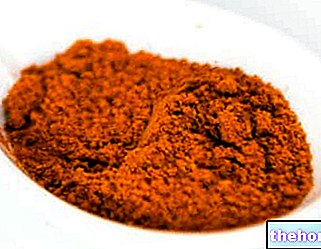
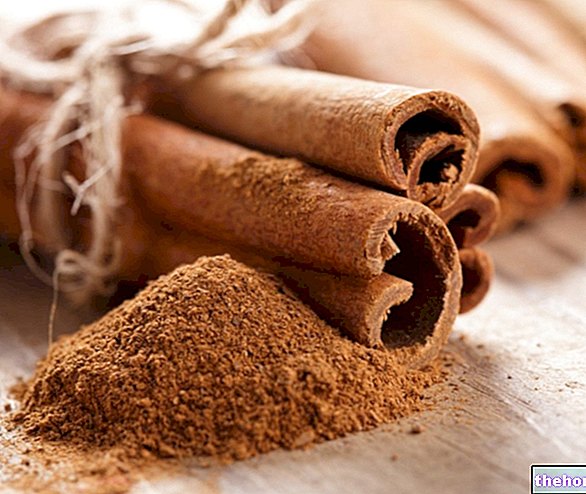
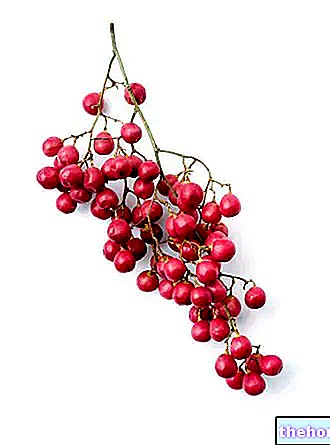


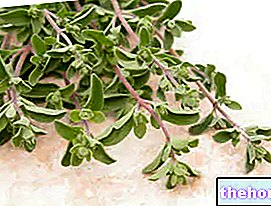








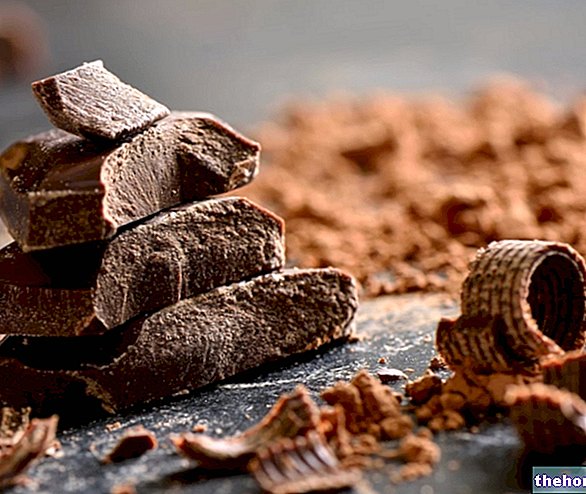
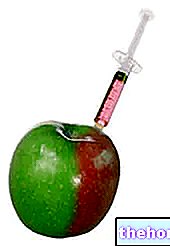




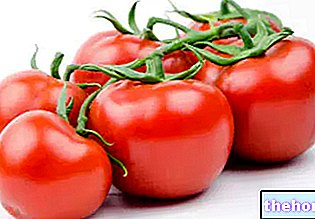



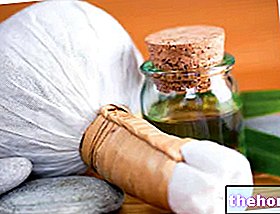
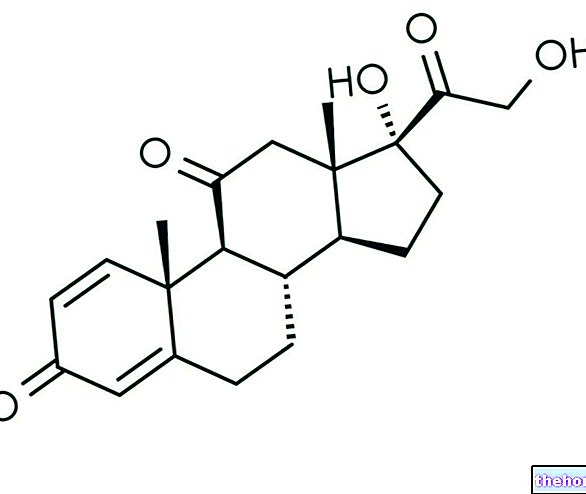
-cos-cause-e-sintomi-e-cura.jpg)
